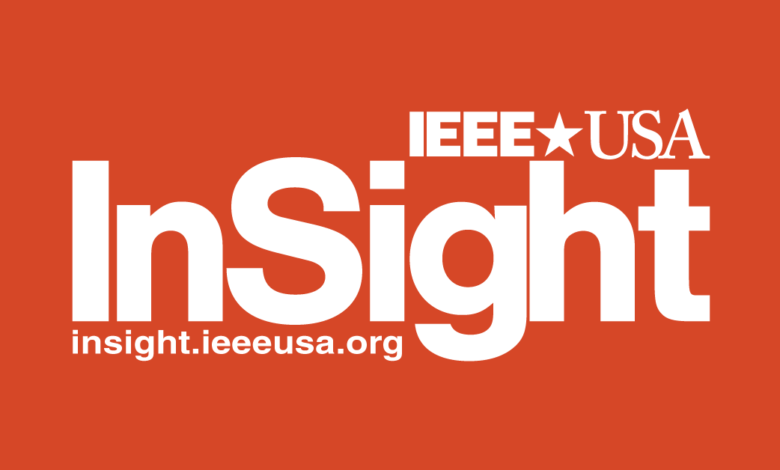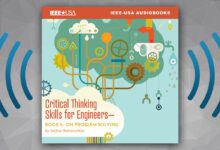
In late May, the federal Office of Management and Budget (OMB) issued a Controller’s Alert updating previous OMB budgetary guidance that had significantly reduced federal participation in S&T-related conferences and meetings. The Alert was developed by OMB in consultation with the President’s Office of Science and Technology Policy, and supported by input provided by the S&T community, including IEEE-USA.
Among the key provisions of the guidance alert was the following recognition that federal participation in S&T conferences and related meetings can be integral to federal agency missions:
“As each agency reviews its travel and conference-related activities, it is critical for each agency to continue to recognize the important role that mission-related travel and conferences can often play in government operations. Given the unique travel and conference needs of each agency, there are circumstances in which physical collocation is necessary to complete the mission. These circumstances may include, but are not limited to, collaborations in the scientific community, unique training events for the law enforcement community, or the need to perform formal inspections as part of an agency’s oversight and investigatory responsibilities.”
“In addition, bringing together Federal employees at a single location-such as for program reviews or technical evaluations, presentation of scientific findings, oversight boards or advisory group meetings, international engagements, and standards-setting committees-may be the most efficient and cost-effective means for reviewing Government-sponsored efforts, issues, or challenges. Several agencies rely on meetings with industry and academic colleagues to drive innovation and ensure continued advancement in related fields. Each agency needs to focus any conference and travel spending on mission-critical activities and to ensure any related spending is an effective and efficient use of Federal funds.”
“In light of budget sequestration and efforts to reduce the federal budget deficit, however, the Alert acknowledges that there will ” be a continued constraint on the ability of each agency to carry out important functions, including reduced Government participation in mission-supporting conferences and travel. Consequently, while an agency should not interpret the recent M-12-12 and related guidance as a moratorium on all conference events, agencies and related stakeholders should anticipate a continued reduction in conference and travel activity for the duration of the sequestration order.”
The Controller’s Alert also provides several guidelines that will help conference organizers facilitate affirmative decisions by federal agency managers on conference-related expenses, including:
- As a first step in conference planning, an agency should confirm that physical collocation of federal employees in a conference setting is a necessary and cost-effective means to carry out the agency’s mission (and that other, lower-cost options, such as videoconferencing, have been explored).
- Hotel costs should be within government guidelines for per diem rates, as determined by the General Services Administration.
- Conference and training fees should follow the Federal Acquisition Regulation (FAR) guidelines for purchases of the activities involved. Events should not include excessive or lavish social components.
- An agency should inquire about the availability of a “no-frills” pricing option from event organizers that exclude any activities that may present unnecessary expenses to the federal government.
Conference events that include a training component should consider the below best practices:
- Events should clearly and specifically identify the training objectives and outcomes that will be derived by government personnel.
- Conferences should not be considered training events absent a written justification by an appropriate official that specifies the learning objectives and mission, or job performance outcomes.
- Professional training may include Continuing Education Units (CEUs), or Professional Development Units (PDUs), for areas that are relevant and valuable to the job function of the individual employee and that contribute to maintaining professional accreditation or certification.
- Events should be evaluated as “full cost activities.” Travel, lodging, and meals should be included in the evaluation, and used for comparison to alternatives.
A copy of the OMB Controller’s Alert, and highlights of IEEE/IEEE-USA’s efforts on this issue, are available here.






